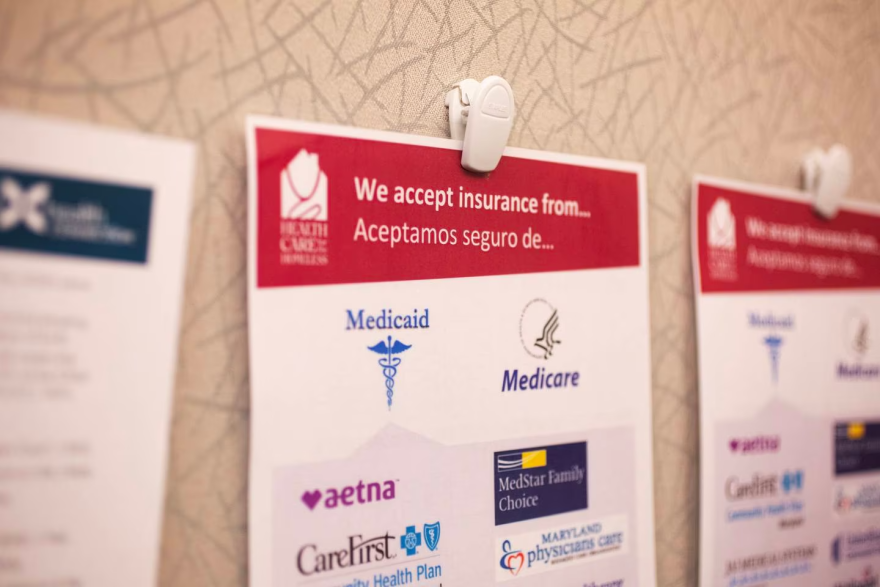Maryland’s health insurance open season starts on Nov. 1.
The state is opening its exchange up for people to buy health insurance plans or change their existing coverage.
Open enrollment runs from Nov. 1 to Jan. 15, 2025 for coverage next year.
The marketplace offers health plans to Marylanders who do not get plans through their employers or through Medicaid or Medicare.
“Health insurance makes an impactful difference in the lives of Marylanders every day," said Michele Eberle, executive director of the Maryland Health Benefit Exchange. “With savings through Maryland Health Connection, health care is within reach. In fact, 9 out of 10 Marylanders who enroll get financial help with their health coverage.”
The exchange offers plans from Aetna, Carefirst, Kaiser Permanente and United healthcare. The exchange is also adding Wellpoint Maryland as a provider this year.
Last year, nearly 214,000 people signed up for insurance through Maryland Health Connection.
The enrollment numbers were a 17% increase from 2023. Maryland Health Connection also saw a 33% increase in Black residents and a 30% increase in Hispanic residents.
Dental plan enrollments also increased by 14% during the period.
For the first time this year, the more than 7,000 people living in Maryland under DACA status will be able to buy insurance plans from the state’s insurance marketplace.
They are people who were brought to the United States as children and have received a high school degree or served in the military. While they are allowed to stay in the U.S. legally, they aren’t technically citizens.









